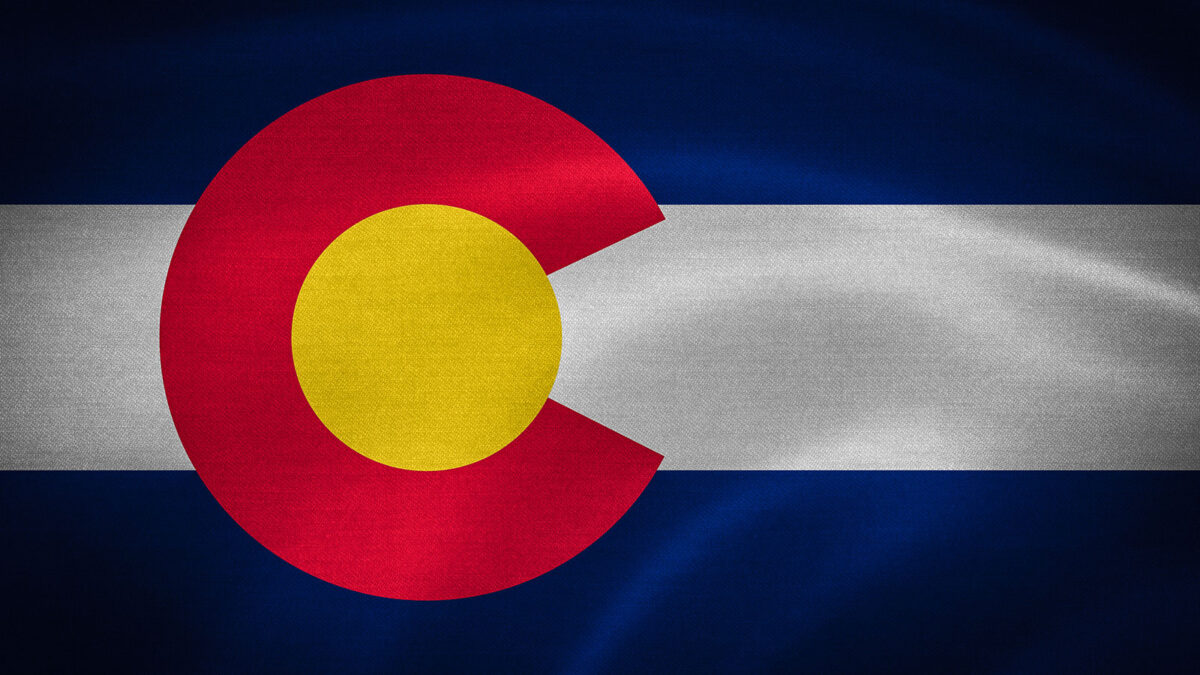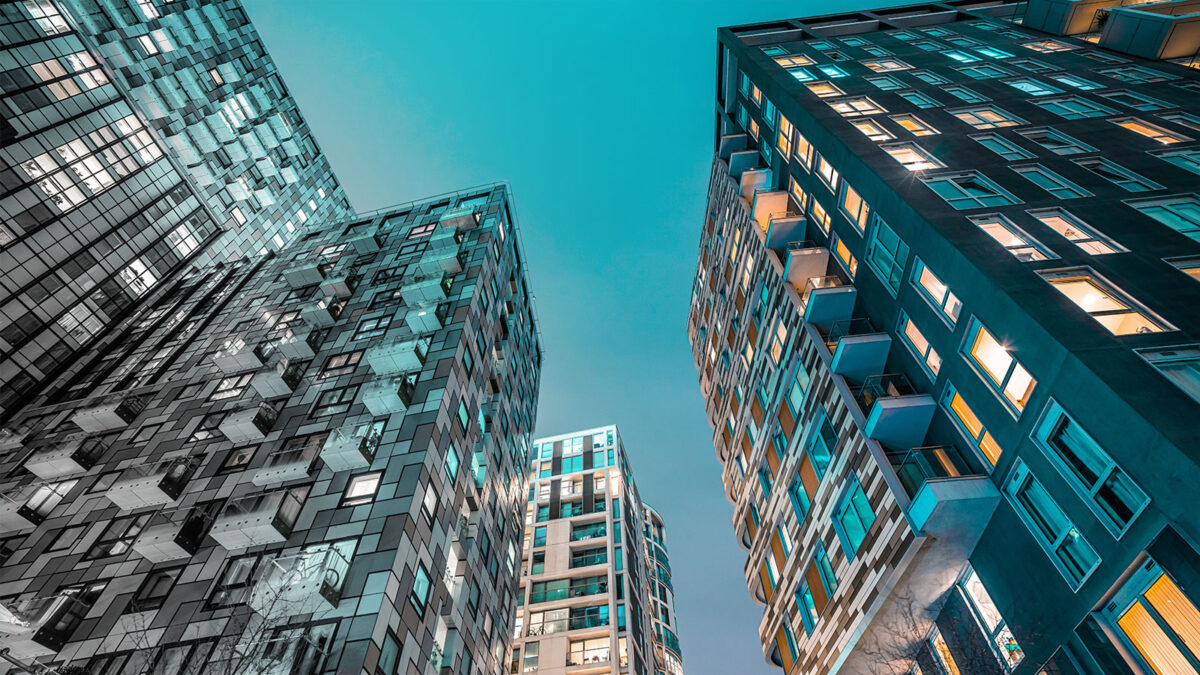
You Aren’t the Problem; Your Burnout Is
May 2023
Download This Article (.pdf)
Well, it’s been three years—a full 1,095 days since our world was thrust into a “new normal” of mask wearing, booster shots, home schooling, remote working, global anxiety, and economic instability. I’m tired. Honestly, I’m exhausted. While the early days of the pandemic now feel like some fictional, dystopian drama to be binge watched on Netflix, the reality of what we’ve collectively experienced these past thousand days has left many of us just plain empty.
How Are You?
How’s it going holding up your family, your clients, your community, and yourself? If your legs are starting to wobble under the weight of the last three years, you’re not alone. That fatigue you are feeling is real. I see you.
A word I’ve been hearing a lot recently from colleagues, mentees, mentors, and leaders in the legal profession is “burnout.”
Burnout is the state of mental, physical, and emotional exhaustion of the human body caused by an excessive amount of stress.1 While the concept of burnout isn’t new, the pandemic created a new kind of burnout, introducing chronic stressors into nearly every facet of our lives. In a 2021 survey of 1,500 US workers, more than half said they were feeling burned out as a result of their job demands, and a whopping 4.3 million Americans quit their jobs in December 2021 in what has come to be known as the “great resignation.”2 Following the great resignation, a new burnout trend emerged in 2022, known as “quiet quitting”—the idea that people aren’t going above and beyond at work and are instead just meeting their job description—and gained traction with at least 50% of the US workforce.3 Today, the ratio of engaged to actively disengaged employees is now 1.8 to 1, the lowest in almost a decade.4 The reason for this disengagement? People are simply burned out and worn down.5
Although we may all be feeling a shared sense of burnout, the feeling doesn’t manifest itself the same way for everyone. Let me tell you what my burnout looks like: It looks like a limited attention span where I can’t persist through challenging projects for more than five- to ten-minute chunks of time. It looks like barely washed dishes and undone laundry because physical rest and mentally “checking out” is all that my brain will let me think about on the weekends. It looks like forcing every last bit of energy into pulling myself together to put on real pants some days. It looks like a dust-covered fishing rod and an unused ski pass. This isn’t all my burnout looks like. It also shows up as back-breaking pressure to do everything—be everything—because as a queer lawyer in a leadership role in the profession, I have no room for error.
This burnout is real, but it probably looks very different from your burnout. It also looks very different than the burnout of a first-generation lawyer navigating a profession nobody they know has ever lived in before. The burnout of a young Black man in our profession looks different than that of his white counterpart, because he is fighting to live and work in a system that fails to recognize his value as a lawyer. For lawyers whose burnout is exacerbated by the crossroads of their identities and their marginalization, the only option is to choose to push through the challenges of a system that may be sucking the life out of them.
So often we don’t even take into consideration the systemic forces that contribute to mental and emotional exhaustion. I have rarely ever placed my stress in a larger societal context. I didn’t realize how systemic oppression like racism, sexism, xenophobia, or the contemporary effects of colonization could trickle down into my own personal struggles and present themselves in my everyday problems. But navigating through my burnout is still easier for me because I have the privilege of being white—a privilege that shelters me from the outright racism, bias, and discrimination faced by many lawyers of color in our profession. Their burnout is very different from mine.
In her article “This is What Black Burnout Feels Like,” Tiana Clark writes: “Burnout for white, upper-middle-class millennials might be taxing mentally, but the consequences of being overworked and underpaid while managing microaggressions toward marginalized groups damages our bodies by the minute with greater intensity.”6 We all experience burnout because life can be intense, but many lawyers of color, especially Black lawyers, don’t feel as though they have the room to be exhausted and overwhelmed.
We also know that the impacts of the pandemic have disproportionately affected women, specifically women of color. In the early days of lockdown, an estimated 12.1million women lost, quit, or downshifted their jobs as a result of new family demands.7 These impacts are exacerbated by race: even as women returned to the workforce, Black and Latina women were more likely to remain unemployed, suffering larger losses than other demographics.8
The legal profession is not immune to this trend. At a time when progress for women and people of color in the law has been hard fought for decades (it’s only recently that women finally hit the 20% equity partnership mark),9 all the progress we’ve seen over the past several years could be erased.
With these statistics in mind, it’s no wonder that so many of us are feeling burnt out, less productive, more on edge, and less able to show up as our best selves. You aren’t the problem; your burnout is.
It Takes a Community
At the same time, there is evidence of what I call the “great humanization” of the legal profession: Legal employers have learned to be more flexible, empathetic, and supportive of our collective “new normal.” Working parents are demanding more flexibility in working conditions. New and young lawyers have more opportunity to set boundaries and drive law firm cultural change. Underrepresented lawyers are increasingly unapologetic and straightforward about their lived experience in the profession and their corresponding equity and inclusion calls to action. Legal employers and individual lawyers alike have recognized that we all share a responsibility to effect change and commit to maintaining accountability in working toward systemic change within legal organizations, the profession as a whole, and our personal communities.
The “good news/bad news” attributes of the last three years create a gaslighting dynamic that may cause many of us to question our perception of reality in experiencing burnout, fatigue, and exhaustion. I often find myself thinking Is it really all that bad? and Maybe I just don’t have the right coping skills. At the same time, I can feel my head aching and my eyes struggling to stay open at the dinner table. “Get your life together!” I tell myself before reaching for more coffee or what’s left of last year’s Halloween candy.
The fact that burnout looks and feels different to each of us doesn’t mean that we can’t also support each other in fighting the burdening feeling of exhaustion. This starts by making space in our profession for the benefits of community care. Unlike self-care—which relies on the principle that you alone are responsible for making yourself feel better—community care relies on the notion that we, as human beings, need others to survive. Instead of placing the onus of compassion on a single individual, community care activates the power of many people to create change through sustained, interpersonal acts of kindness.10
Self-care can only get us so far. Sometimes, the systems and structures also need to change. Moving from a culture of burnout to one of well-being, especially for those of us in minoritized communities, will require collective, community efforts.
Parting Mantras
I can’t give you or anyone the solution to burnout because I still don’t have that answer for myself. But I can leave you with a few mantras to get you through the difficult days:
- If we don’t put ourselves first, then this system will happily chew us up and spit us back out.
- Your worth isn’t measured by your success, your professional competencies, or your title.
- You are worthy of love and happiness, all the time, no matter what.
So, if you needed to hear it today, you are ENOUGH. You have permission to prioritize YOU.
Finally, if you need or want help in processing your own unique experience of burnout, exhaustion, or overwhelm, contact the Colorado Lawyer Assistance Program (COLAP) at www.coloradolap.org. COLAP is a free, confidential resource that’s available to any member of the Colorado legal community.
Notes
1. Smith et al., “Burnout Prevention and Treatment,” HelpGuide.org (updated Feb. 24, 2023), https://www.helpguide.org/articles/stress/burnout-prevention-and-recovery.htm.
2. Threlkeld, “Employee Burnout Report: COVID-19’s Impact and 3 Strategies to Curb It,” Indeed.com (Mar. 11, 2021), https://www.indeed.com/lead/preventing-employee-burnout-report.
3. Harter, “Is Quiet Quitting Real?” Gallup.com (Sept. 6, 2022), https://www.gallup.com/workplace/398306/quiet-quitting-real.aspx.
4. Id.
5. Smith, “50% of workers are burned out and ‘productivity paranoia’ could be making it worse: ‘People are just worn down,’” CNBC.com (Oct. 6, 2022), https://www.cnbc.com/2022/10/06/microsoft-50-percent-of-people-are-burned-out-at-work.html.
6. Clark, “This Is What Black Burnout Feels Like,” BuzzFeedNews (Jan. 11, 2019), https://www.buzzfeednews.com/article/tianaclarkpoet/millennial-burnout-black-women-self-care-anxiety-depression.
7. “Women’s Jobs are Being Added Back to the Economy—But Many Need Improving,” National Women’s Law Center (June 2, 2022), https://nwlc.org/resource/womens-jobs-are-being-added-back-to-the-economy-but-many-need-improving.
8. Id.
9. Chen, “Will We See Big Law Gender Parity in 20 Years? Dream On,” Bloomberg Law (May 31, 2022), https://news.bloomberglaw.com/business-and-practice/will-we-see-big-law-gender-parity-in-20-years-dream-on.
10. Dockray, “Self-care isn’t enough. We need community care to thrive,” Mashable (May 24, 2019), https://mashable.com/article/community-care-versus-self-care.
While the concept of burnout isn’t new, the pandemic created a new kind of burnout, introducing chronic stressors into nearly every facet of our lives.


